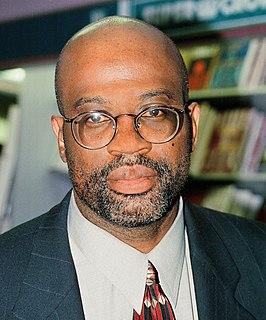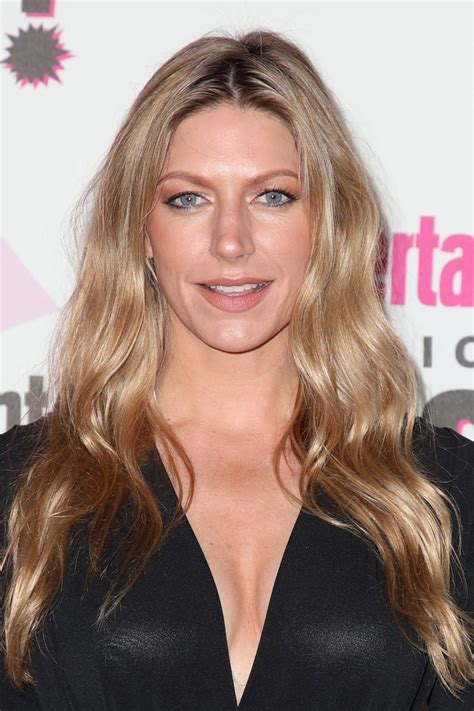A Quote by Henri Cartier-Bresson
Some photographs are like a Chekhov short story or a Maupassant story. They're quick things and there's a whole world in them. But one is unconscious of it while shooting.
Quote Topics
Related Quotes
According to Chekhov," Tamaru said, rising from his chair, "once a gun appears in a story, it has to be fired." "Meaning what?" "Meaning, don't bring unnecessary props into a story. If a pistol appears, it has to be fired at some point. Chekhov liked to write stories that did away with all useless ornamentation.
Yes sir. You can be more careless, you can put more trash in [a novel] and be excused for it. In a short story that's next to the poem, almost every word has got to be almost exactly right. In the novel you can be careless but in the short story you can't. I mean by that the good short stories like Chekhov wrote. That's why I rate that second - it's because it demands a nearer absolute exactitude. You have less room to be slovenly and careless. There's less room in it for trash.
These short stories are vast structures existing mostly in the subconscious of our cultural history. They will live with the reader long after the words have been translated into ideas and dreams. That's because a good short story crosses the borders of our nations and our prejudices and our beliefs. A good short story asks a question that can't be answered in simple terms. And even if we come up with some understanding, years later, while glancing out of a window, the story still has the potential to return, to alter right there in our mind and change everything.
One easy mistake to make with the first novel is to expand the short story. Some things are better as a story; you cannot dilute things into a novel. I think the first hundred pages of a novel are very important. That's where you set things up: the world, the characters. Once you've set that up, it'll be much easier.
I once wrote a short story called 'The Best Blues Singer in the World,' and it went like this: 'The streets that Balboa walked were his own private ocean, and Balboa was drowning.' End of story. That says it all. Nothing else to say. I've been rewriting that same story over and over again. All my plays are rewriting that same story.



































